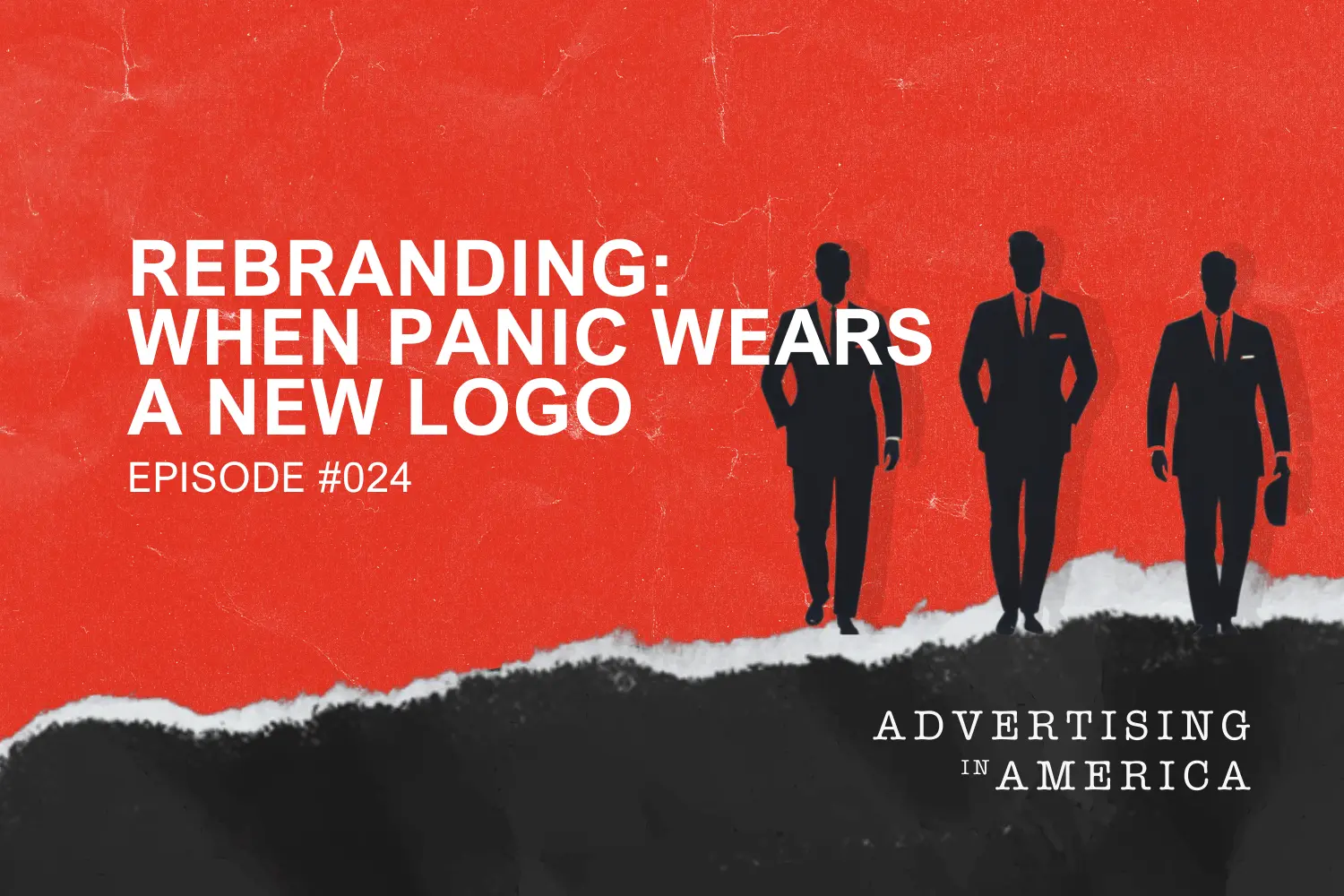
Google “The biggest advertising mistake small businesses make.” Go ahead, Google it. I’ll wait. I mean, I’ll tell you anyway, but I just want you to get some perspective on what the most talked-about small biz no-nos are.
If you actually took the time to do that, no doubt you noticed dozens of articles hovering around the same structure of “The [insert arbitrary number here] Biggest Advertising Mistakes Small Businesses Make.” And if you went one step further and skimmed any of those articles, you’ll notice a pattern. They’re all talking about the same bloopers:
- Going for clever over clarity.
- Lack of a Unique Selling Proposition.
- Focusing on features over benefits.
- Failing to talk about the customer in the ads.
- Not having a [good] website.
- Not engaging on social media.
Sure, these are common mistakes, but could any of them really contend as the BIGGEST mistake?
I propose a hearty “Nope.”
The number one advertising mistake that most small businesses make has little to do with how pretty their website is or how many times a day they tweet something.
Size isn’t a factor either, because both one-man-shows and giant corporations commit this blunder constantly.
This mistake is the reason behind low time-on-page and time-on-site metrics. It’s why word-of-mouth advertising is nonexistent. It’s why, in the customer’s eyes, you are no different than your competition. It’s why they price shop. It’s why customer acquisition is expensive and time consuming.
No, the REAL biggest advertising mistake is:
Having a dickless message.
“A dickless message?”
Yes, a dickless message. Stay with me.
Getting people’s attention is the biggest barrier to getting paid. You might have the most effective problem-solving widget on the market, but that doesn’t mean squat if no one knows about it.
This is why you MUST advertise your brand in a way that turns people's heads by being new, surprising, and opinionated. A bold message that comes out of the corner swinging. A position over which you’ve drawn a line in the sand. A hill you’re willing to die on. Strong statements dominate ambiguous statements, always.
One day back when I rode the school bus, our regular bus driver was sitting in the front seat while coaching a student-driver-bus-driver, who was at the wheel. Everything’s going smooth, when the journeyman bus driver says to the apprentice, “We’re running late, so you’re gonna have to push it, but don’t speed.” I clearly remember the look of confusion on the apprentice’s face, framed in the giant rearview mirror.
“Push it, but don’t speed.”
Poor woman blew a fuse trying to understand what that meant.
Push it, but don’t speed… This phrase has bounced around my head for over 20 years.
As much as it bugs me, I’ve found it a useful way to understand brands that want to be "wacky," but not too crazy.
Most businesses want their ads to be different... but not too different.
Not too hot, not too cold, just right.
(I never liked Goldilocks. That story sucks.)
Point being, they seem to want to punch it as long as they don't go above the "recommended" speed limit. They want memorable ads, but they're not willing to say what will actually make them memorable.
The ugly truth is: Most ads are written to be inoffensive, not persuasive.
“If you’re not getting complaints, then you’ve got a dickless message.” – Roy H. Williams
Quick anatomy lesson:
There’s an area of your brain called Broca. Broca is the front door to your conscious awareness, and it hates – hates – predictable patterns. Anything that Broca has seen or heard before is not getting through that front door.
The good news? Most companies are unaware of this. This is your leverage. This is your competitive advantage.
If you want to get your foot in Broca’s door, you’ve got to uppercut with a message that breaks the predictable patterns of today’s dishwater advertising.
Breaking patterns and surprising people - truly surprising them - is always going to rub a few of them the wrong way. That's just the way it is, and the sooner you can get over your fear of offending even ONE person, the closer you'll get to creating ads that are memorable.
Take the plunge already.
Playing inside the bounds is how you get ignored, and people desperately want to ignore ads. When you play outside the bounds, they can’t ignore you.

















.webp)




.webp)





